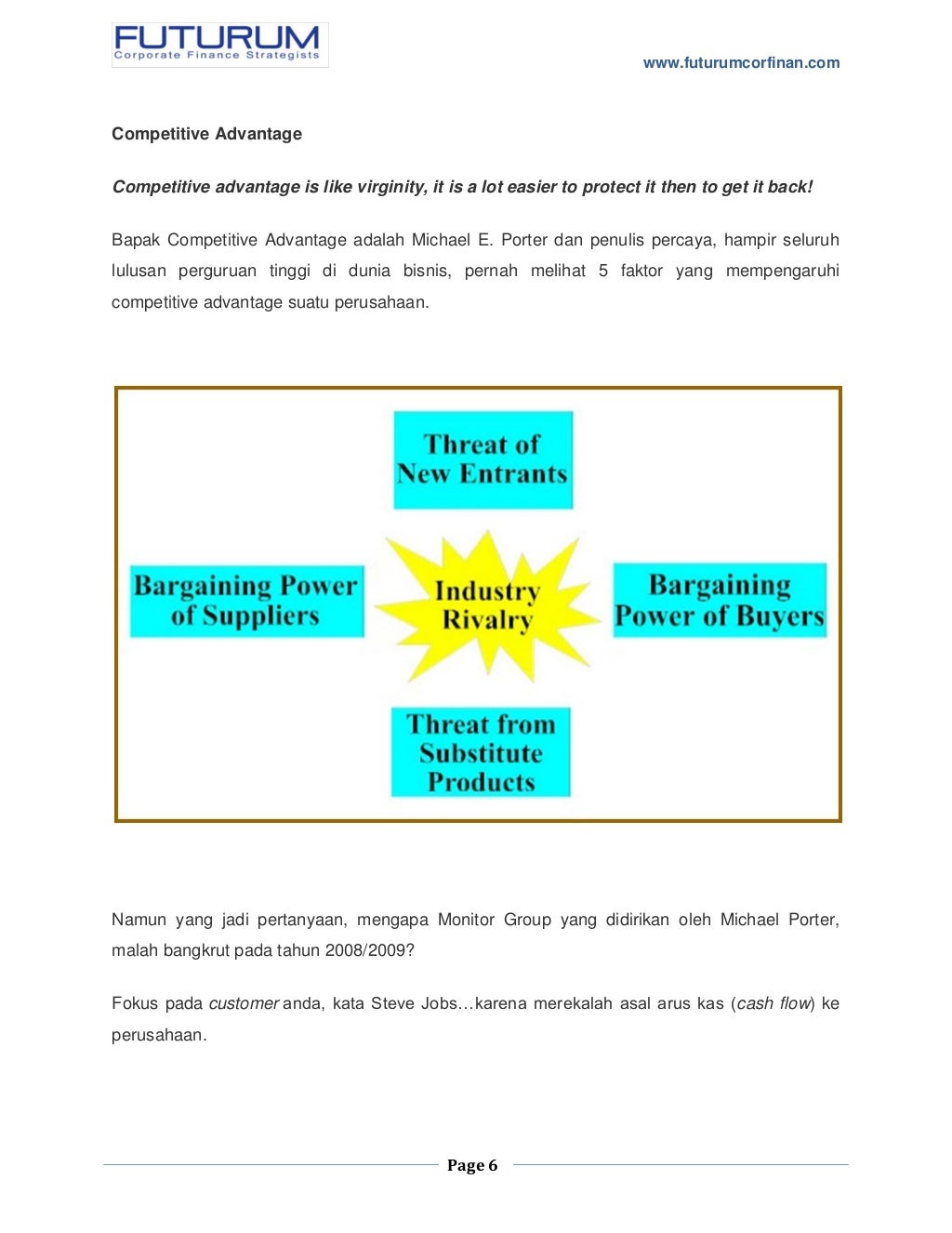

このたび or この度{たび} means "this time", and they are more polite and formal than 今回 or 今度 (when the meaning is this time). There are a lot of questions and answers about 先回 on the Internet.īy the way, there is not 先回 as a headword in the 漢和辞典 a dictionary of kanji word explained in Japanese at hand. I don't know why, but what I write here is a true fact. I would write the sound of "せんかい" meaning "last time" as 前回 not as 先回, and I would pronouce it 前回. Though every Japanese agree that the sound of "せんかい" means "last time", but they might get confused how it should be written in kanjis. Last time: 前回、 ×先度、 ×先回 (I'll give a further explanaton below.)Īs for 先回, some Japanese might say it is correct, because this word in two kanjis is pronounced as "せんかい" and we Japanese agree that the sound of "せんかい" means "last time", and more 先 is used as in 先月 last month, 先週 last week or 先日 the other day (not yesterday).īut, I judge 先回 written in kanjis is incorrect. Next time: 来度、 来回 - don't exist in dictionary? I wonder why This time: 今度、 今回 - dictionary gives similar meaning for both

Just remember that next time you shed a tear for the end of a transport route, kids.

What does better luck next time expression mean Definitions by the largest Idiom Dictionary. Last time: 先度、 先回 - dictionary gives different meaning for both The next time cattle graze a damaged field there will be an amount of levelling in any event. Definition of better luck next time in the Idioms Dictionary. What is the difference between them? I really can't get my head around this. Whereas if you are taking an internet class that doesnt have set time frames, it would mean to have it done by 11:59PM Thursday night. It would mean to have it done by class on Thursday. The dictionary says that both translate to this time. For example, if you always have class on Thursday. "難しい" is about the present, so 今度 means "this time".Īlso, I am confused between 今回 and 今度. It includes the idea that there will be a future episode of the show. The phrase until next time is simply a way for the presenter to sign off. I urge you to focus on the use and meaning only. It's no good trying to expand the phrase, in my opinion. "難しかった" is about the past, so 今度 means "this time". If you thought there was no difference, you wouldn't be asking the question. "会う時" is about the future, so 今度 means "next time". "行きたい" is about the future, so 今度 means "next time". Let's examine the rightness with example sentences. Ultimately there is no choice but to judge in the context not by "今度" itself. If the part of a sentence qualified by "今度" describes the past or present, "今度" means "this time", and if the part is about the future, "今度" will be "next time". I think an answer in italki gives the best answer to OP's question. It is very annoying but it has both meanings. ‘ Maybe ’ and ‘ perhaps ’ are interpreted in a Korean dictionary as (used to ask or suggest something politely) if your situation permits, if it is possible - my interpretations This could be make sense in my own language, and the two words can be interpreted as one Korean word, (I.


 0 kommentar(er)
0 kommentar(er)
